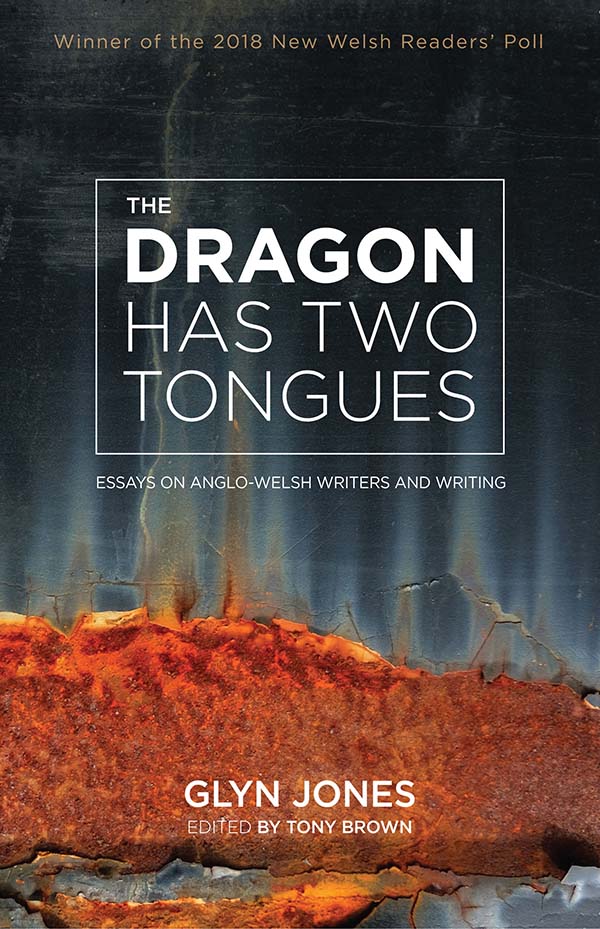The Dragon Has Two Tongues
Awdur(on) Glyn Jones
Iaith: Saesneg
Dosbarthiad(au): Welsh Interest
- Mehefin 2001 · 272 tudalen ·216x138mm
- · Clawr Meddal - 9780708316931
- · eLyfr - pdf - 9781417508570
- · eLyfr - epub - 9781786833129
Am y llyfr
The classic study of the English-language writing of Wales in the first half of the twentieth century by Glyn Jones, drawing on his personal acquaintance with writers like Dylan Thomas, Idris Davies and Caradoc Evans. Tony Brown had the opportunity to discuss the book with Glyn Jones before his death in 1995 and has had access to Glyn Jones's own proposed revisions and to manuscript drafts. This first paperback edition therefore includes some up-dating of the text and a new bibliography. Glyn Jones's first-hand knowledge of the writers, coupled with his shrewdness of critical comments, established the book as an invaluable study of this generation of Welsh writers. At the same time the autobiographical, first chapter in which Glyn Jones examines his own life and literary career - the boy who goes from a Welsh-speaking home in Merthyr, loses his Welsh as a result of his English-language education and cultural changes in industrial Merthyr, takes a job teaching in the slums of Cardiff, re-discovers as an adult the Welsh language and its rich literary tradition and becomes, in a full awareness of that tradition, one of Wales's major English-language writers of fiction and poetry - provides a "case study" of the cultural shifts which resulted in the emergence of a distinctive English-language literature in Wales in the early decades of the twentieth century.
Dyfyniadau
'Tony Brown's new edition of The Dragon has Two Tongues(University of Wales Press, GBP9.99) brings back into print an important text which all students of Welsh writing in English must read if they are to understand how this body of literature came into being as a result of the linguistic and critical shifts of the early twentieth century... Expertly and sympathetically edited, the book has kept its relevance in remarkable ways, not least in the percipience of its critical assessment of major Welsh writers, and in the simulating nature of many of its conclusions.' (Western Mail)


